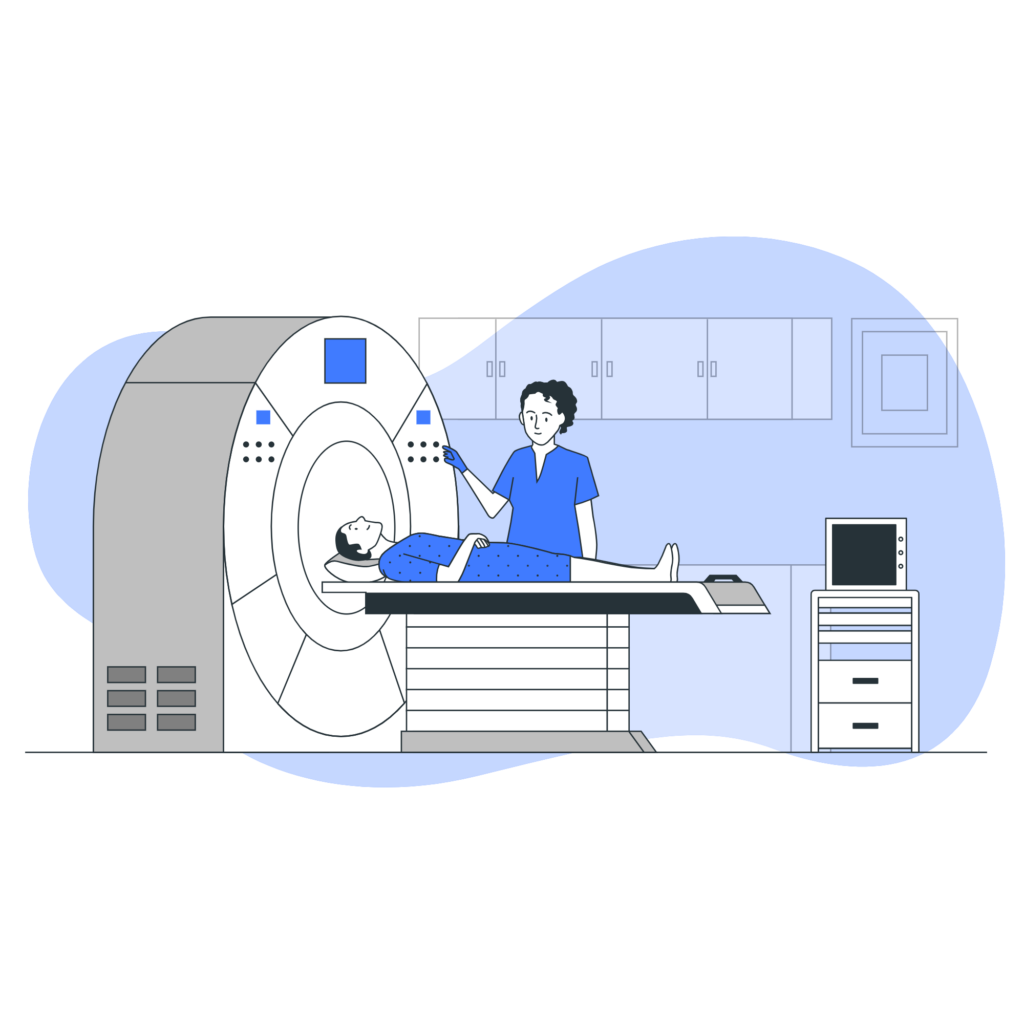Fortifying a Healthcare Network
How a hospital thwarted cyberattacks and protected patient data


In today's digital healthcare landscape, patient data is paramount. However, this valuable information also makes healthcare institutions prime targets for cybercriminals. This case study explores how a Hospital, a leading healthcare provider, identified vulnerabilities within their network and implemented a comprehensive cybersecurity strategy to protect patient data and ensure operational continuity.
Industry:
Healthcare
Service:
Security
Challenge
The Hospital relied on a legacy IT infrastructure that lacked robust security measures. This, coupled with limited cybersecurity awareness among staff, created a vulnerability window. The hospital experienced a series of concerning events:
- Phishing Attacks: Staff received deceptive emails tricking them into revealing sensitive information or clicking malicious links, potentially compromising the network.
- Ransomware Threat:The hospital narrowly avoided a ransomware attack that could have encrypted critical patient data, jeopardizing access to medical records and potentially delaying essential care.
- Data Breach Concerns:The outdated security infrastructure made it difficult to detect and prevent potential data breaches, putting patient privacy at risk.
Solution
Recognizing the severity of the situation, Periscope Technologies partnered with the hospital to implement a multi-pronged approach:
- Network Security Upgrade: The hospital's IT infrastructure was modernized, incorporating firewalls, intrusion detection and prevention systems (IDS/IPS), and data encryption to fortify their network perimeter.
- Endpoint Security: Anti-virus and anti-malware solutions were deployed across all hospital devices to shield them from malicious software and unauthorized access attempts.
- Security Awareness Training: Comprehensive security awareness training programs were instituted for staff, educating them on phishing tactics and best practices for secure password management and data handling.
- Incident Response Plan: A detailed incident response plan was established to outline procedures for identifying, containing, and recovering from any potential cyberattacks.

The Results
The implementation of these cybersecurity measures yielded significant improvements for the hospital:

Reduced Threat Landscape
The robust security infrastructure significantly reduced the hospital's vulnerability to phishing attacks and malware infections.

Enhanced Data Protection
Data encryption and improved access control measures minimized the risk of unauthorized access to patient data.

Improved Staff Awareness
Security awareness training empowered staff to identify and report suspicious activity, further strengthening the hospital's cyber defenses.

Peace Of Mind
The comprehensive cybersecurity strategy provided [Hospital Name] with greater peace of mind, allowing them to focus on delivering quality patient care with increased confidence in their data security.
Conclusion
This case study demonstrates the critical role of proactive cybersecurity measures in safeguarding patient data and ensuring operational continuity within the healthcare sector. By prioritizing network security, staff awareness, and incident response planning, this Hospital successfully fortified their defenses against cyberattacks and secured their patients' sensitive information.
Our Partner
Ecosytem








Industry Expertise
Our Clients

































